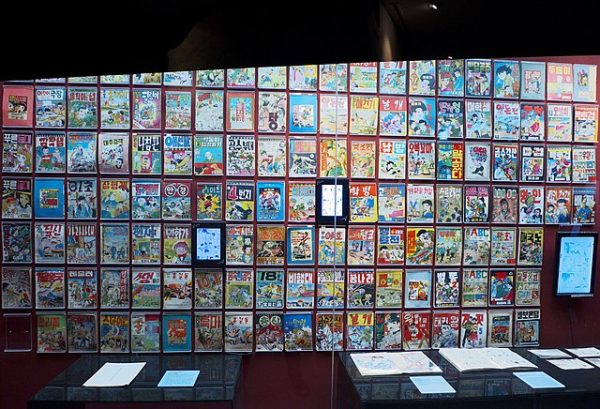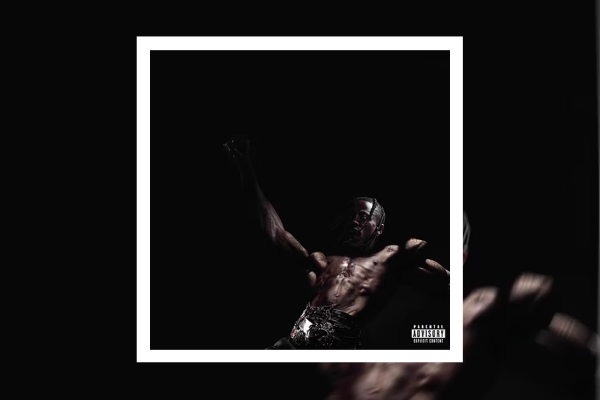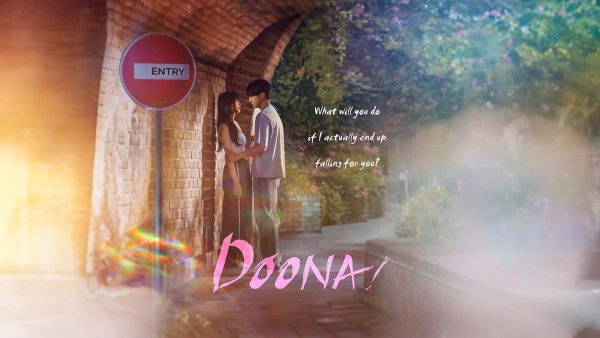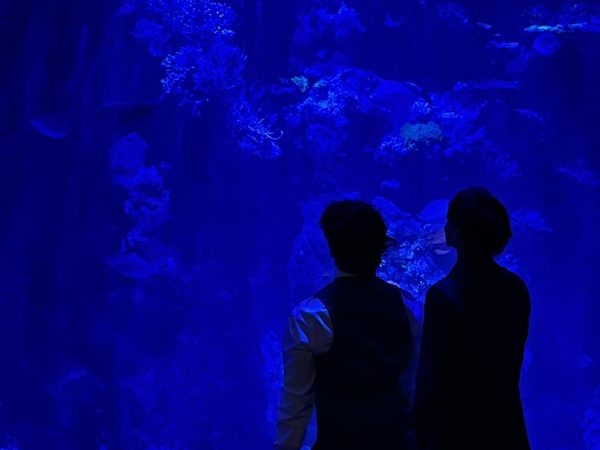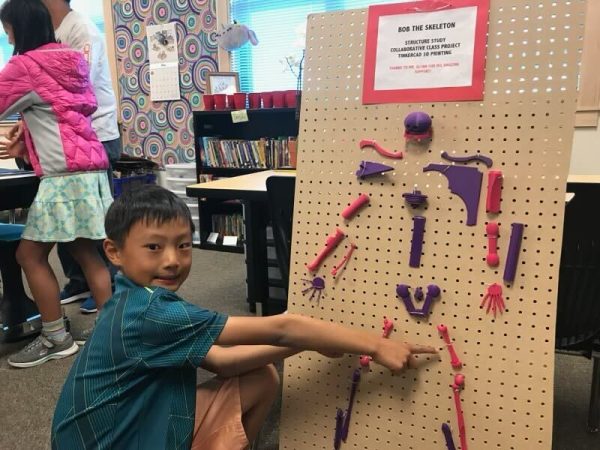“The Futures” seeks to find the truth in the mundane

Anna Pitoniak’s debut novel (Photo Courtesy of Goodreads)
Rating: 4/5
Anna Pitonaik’s debut novel “The Futures” follows Julia Edwards and Evan Peck, a young couple searching for success in New York City during the economic bubble burst of 2008, who find themselves isolated in a web of deception. The novel alternates perspectives between the two as they drift apart, separated by lies they tell each other and themselves. Julia’s lonely heart drifts and finds solace in Adam McCard, a journalist and old acquaintance. As Julia struggles to find balance between her double lives, Evan finds himself immersed in his new job at Spire Management, a finance company. Although he enjoys his work in the hedge fund, he has a sneaking suspicion that something in his company’s newest deal isn’t quite right.
Julia’s character was much more focused on her relationships than her career. However, her story provides a better balance between her work life and personal life than Evan, who is absorbed in his job around the clock. Julia’s accurate analysis of Evan’s thought processes and their relationship portrays her as more empathetic than Evan. Even though Julia isn’t faithful to Evan, his well-being and the state of their dynamic is constantly on her mind. The novel becomes more complex as I both pitied Julia for her loneliness and disliked her dishonest behavior. In the end, however, she was too selfish and immature to sympathize with.
Evan’s perspectives, which often followed Julia’s side of the story, are far more satisfying. The reader is able to first experience an event with Julia, and is then able to watch the interaction the other way around through Evan’s eyes. His milder reactions and more controlled, focused narrative balanced Julia’s more anxious and selfish narration of the previous chapter. It also allows for the reader to see how events or behavior Julia marks as red flags go largely unnoticed by Evan. His storyline and mind are largely occupied by the time he spends at Spire Management, a series of events kept largely separate from the couple’s personal drama until the end of the plot.
Evan’s side of the holds much of the external conflict in the novel, which made it more interesting. A lack of general interaction between Evan and Julia led to a difficulty in creating meaningful conflict, making outside drama all the better. Evan’s side drove the story forward in much of the exposition, making Julia feel almost like a secondary character, despite the fact that the book both starts and ends in her perspective.
The lies the two characters create inside their own heads drive the story forward and add an interesting touch to the novel. Evan and Julia jump mental gymnastics in order to keep themselves content with the people they’re becoming. This added perspective to each character’s inner monologue allows the readers to see the flaws in the other character’s personality, while both characters stay unaware of their own shortcomings. It isn’t until the end of the novel that the two realize how much they value the other and strive to better themselves. The self awareness that is finally achieved makes the book all the more satisfying to read.
However, it sometimes became exhausting to read line after line of Julia’s self assurance that her dishonest behavior was somehow justified. Although this behavior is soon corrected by increased self awareness, the mental gymnastics became somewhat exhausting on Julia’s end towards the middle of the book.
Overall, the overlapping dual perspectives and the pace of the plot were very enjoyable. Pitoniak sets up the novel to ensure that even those who have never lived in New York or worked in a hedge fund can understand the environment. Jargon is familiarized and easy to digest without losing any of the original momentum of the story. This cozy sense of inclusion helps draw readers in and immerse themselves in the story.
What really sells the story, however, is the accurate portrayal of leaving college. The young graduates spend the novel searching for who they are and what they want to do with their lives. Their uncertainty in their own futures and the future of their relationship as their paths diverge is portrayed so realistically it’s almost painful. The author explores the big questions in her novel’s most mundane moments. Her analysis of simple day-to-day relations highlight the existential crisis many face as they stare their own future in the face. Pitoniak’s perfect representation of the young couples’ uncertainty and inner monologues make “The Futures” the perfect read to finish off the month.

